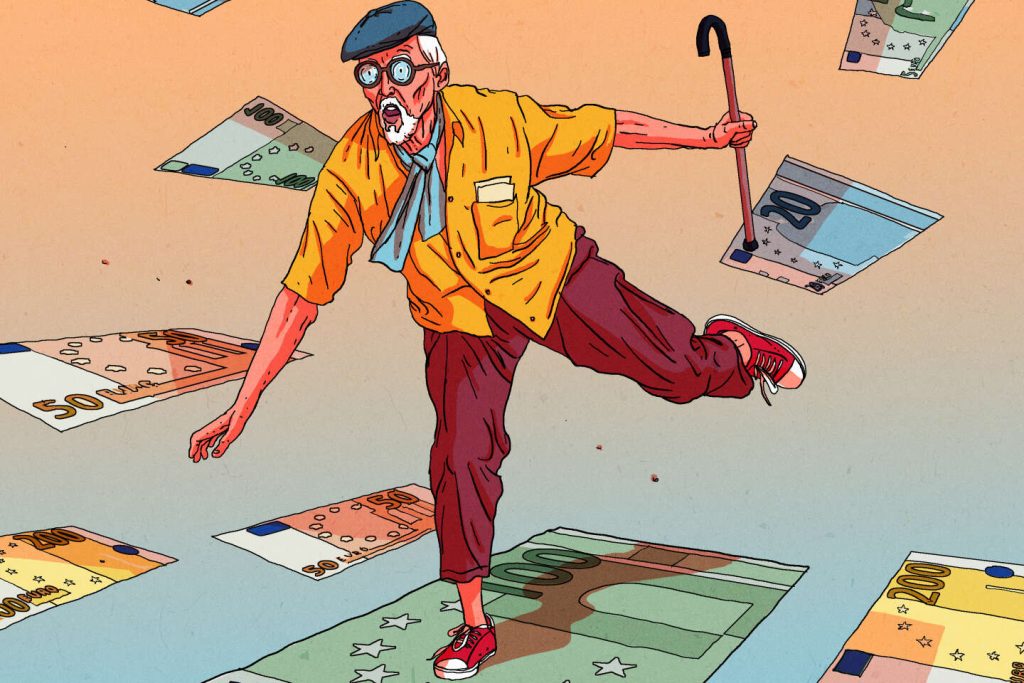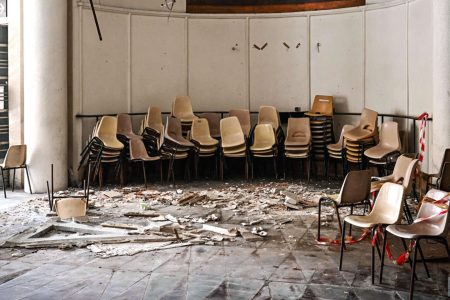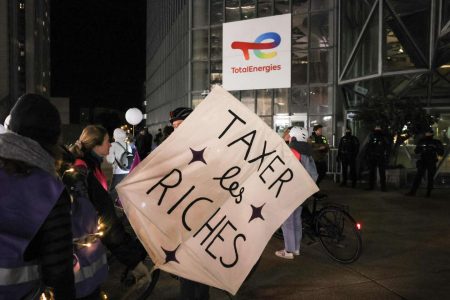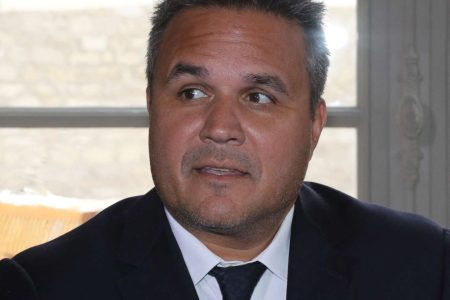On March 26, Insee revealed that France’s public deficit for the year 2023 was 154 billion euros, equivalent to 5.5% of the gross domestic product (GDP). The country’s debt has been increasing annually, with each new crisis causing it to spike. The debt-to-GDP ratio has risen from 69.7% to 84% between 2008 and 2009 due to the subprime crisis, and from 97.9% to 114.9% between 2019 and 2020 as a result of the Covid-19 pandemic.
In order to reduce this debt, it is necessary to implement bold measures. However, achieving this without compromising economic growth or exacerbating inequalities is a challenge. Preserving growth means avoiding tax increases, as they could decrease incentives to work, educate, and train, potentially leading to a brain drain abroad. France already has high tax rates and low working hours compared to other countries. On the other hand, downgrading in areas such as education, health, and defense does not support further budget reductions.
One proposed solution is to involve retirees more in repaying the debt, citing economic efficiency and social justice. Current retirees have benefitted significantly from public spending over the past fifty years and the recent government support to protect their health. As the state has lived on credit, retirees have received more public spending benefits than they have contributed, allowing them to accumulate wealth, especially when real estate prices and interest rates were low. Shifting the burden to retirees instead of workers will maintain work incentives and support economic growth.
It is important to note that poverty rates in France decrease significantly with age. While the poverty rate is 22.7% among 18-24 year-olds, it drops to only 8.6% among those aged 65 and older, one of the lowest rates in Europe. In 2019, President Emmanuel Macron promised “equal pension rights for every euro contributed.” However, comparing contributions and pensions received over a lifetime shows that the return on each euro contributed is around 2.5% for those born in the 1950s, but drops to 1.75% for cohorts born after 1970.
The Social Security Code states that “insured individuals should receive fair treatment in terms of retirement duration and pension amount, regardless of their generation.” This principle aligns with the idea of fairness and equality across different age groups, ensuring that all retirees receive similar benefits with regards to the length and amount of their pensions. Ultimately, finding a balance between economic sustainability, social justice, and equitable distribution of resources will be key in addressing France’s public debt challenges and ensuring a stable future for the country’s finances.
















